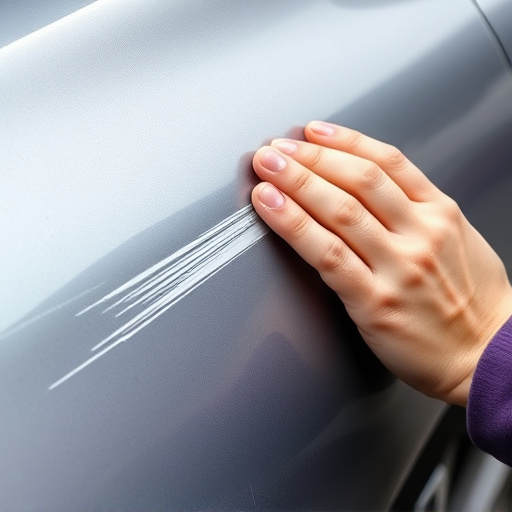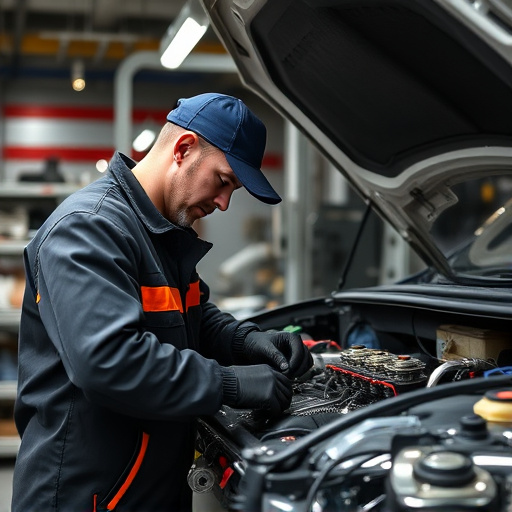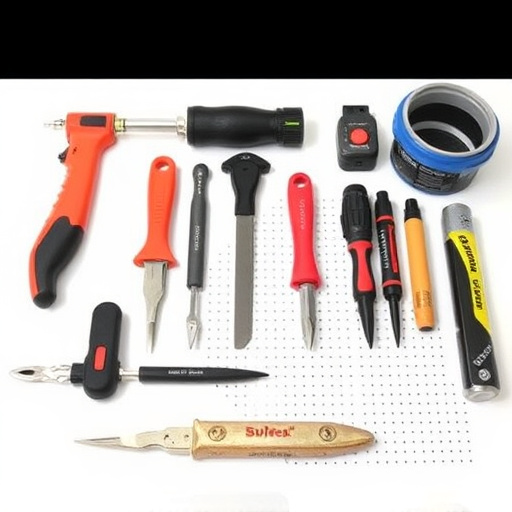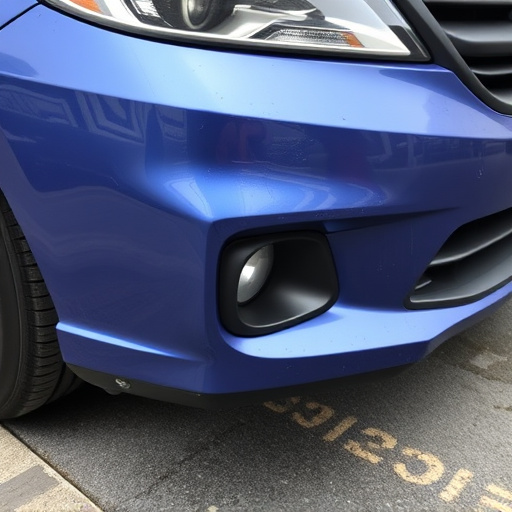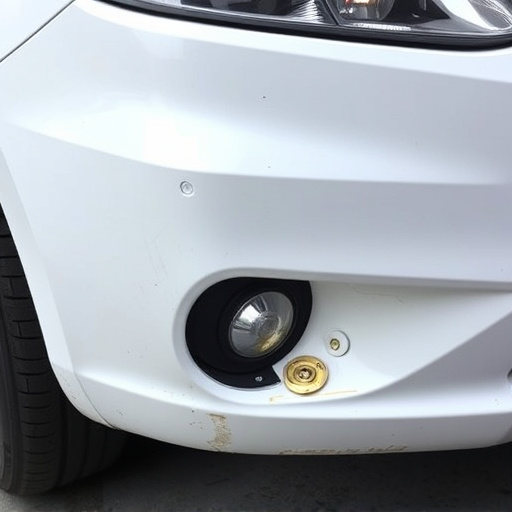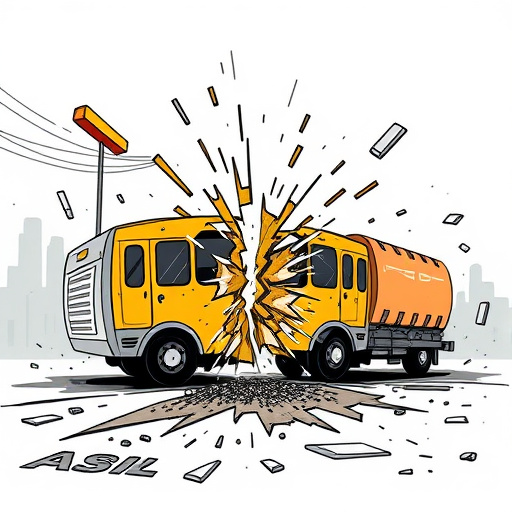The EPA and state agencies regulate hazardous waste management in the US, with RCRA and TSCA setting national standards and state rules governing generation to disposal. Automotive restoration experts adhere to best practices, ensuring compliance, reducing waste, and collaborating with licensed managers for proper disposal, contributing to environmental protection and public health.
“In today’s world, effective hazardous waste management is paramount to safeguarding our environment and public health. This article delves into the key regulations governing this critical process, exploring both federal laws and state-level oversight. We dissect the intricate web of rules designed to ensure safe disposal practices, highlighting industry best practices that set standards for responsible stewardship of hazardous materials. By understanding these regulations, we can contribute to a cleaner, safer future.”
- Federal Laws and Regulations Governing Hazardous Waste
- State-Level Oversight in Hazardous Waste Management
- Industry Best Practices for Safe Disposal Protocols
Federal Laws and Regulations Governing Hazardous Waste

In the United States, hazardous waste management is governed by a comprehensive set of federal laws and regulations designed to protect human health and the environment. The Environmental Protection Agency (EPA) plays a pivotal role in enforcing these rules, ensuring that businesses and industries handle, store, transport, and dispose of hazardous substances responsibly. One key statute is the Resource Conservation and Recovery Act (RCRA), which establishes a national framework for managing solid and hazardous waste from its generation to final disposal. This legislation mandates proper treatment, storage, and disposal practices to minimize environmental impact and promotes recycling and resource recovery.
Additionally, specific regulations target industries with higher hazardous waste production, such as car repair services and vehicle dent repair shops, which often deal with toxic materials like solvents and heavy metals from car bodywork processes. These operations must comply with guidelines set by the EPA’s Hazardous Waste Identification System and relevant standards under the Toxic Substances Control Act (TSCA). Adherence to these federal mandates not only safeguards public health and ecosystems but also fosters responsible practices across all sectors involved in hazardous waste management, including car repair and bodywork industries.
State-Level Oversight in Hazardous Waste Management

State-level oversight plays a critical role in ensuring proper hazardous waste management. Each state has its own set of regulations and agencies dedicated to regulating the generation, transportation, treatment, storage, and disposal of hazardous substances. These regulations are designed to protect public health and the environment from potential harm caused by these wastes. For instance, many states have established permit systems for facilities dealing with hazardous materials, mandating strict adherence to safety protocols and regular reporting.
The scope of state oversight extends to various sectors, including car body shops and collision repair centers, which often deal with toxic substances like lead, mercury, and certain chemicals used in auto refinishing. Strict guidelines govern the handling, disposal, and recycling of these materials to prevent contamination and ensure sustainable hazardous waste management. This includes training requirements for employees, proper labeling and packaging of hazardous substances, and adherence to state-specific disposal protocols.
Industry Best Practices for Safe Disposal Protocols

In the realm of hazardous waste management, industry best practices for safe disposal protocols are paramount to mitigating environmental and public health risks. Leading automotive restoration and vehicle restoration experts emphasize the significance of adhering to stringent regulations. These include proper classification, packaging, labeling, and storage of hazardous materials, ensuring they meet the required safety standards set by regulatory bodies.
Automotive restoration specialists, renowned for their expertise in paintless dent repair, understand that the responsible management of hazardous waste is not only a legal obligation but also a cornerstone of sustainable practices. They employ advanced techniques to minimize the generation of hazardous waste during their operations, implement comprehensive training programs for staff, and collaborate closely with licensed waste management companies to ensure proper disposal methods are employed.
In conclusion, effective hazardous waste management is a multifaceted endeavor, guided by a blend of federal laws and state-level oversight. As industries continue to evolve, adhering to best practices for safe disposal protocols is not just recommended but essential. By staying informed about the key regulations and industry standards, businesses can play a crucial role in minimizing environmental impact and ensuring public safety in the management of hazardous waste.

